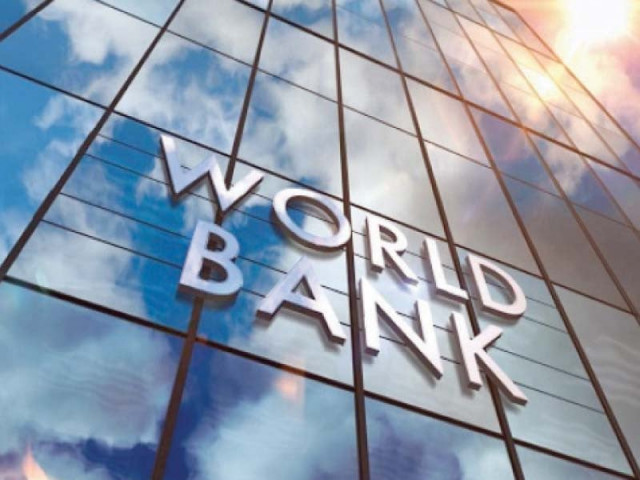Pakistan’s ‘food insecurity’ worries WB
Lender’s country director stresses need for better fiscal management

The World Bank has expressed its concern over the increasing food security in parts of the Pakistan.
In recent report, it pointed out that among 43 rural districts across Khyber-Pakhtunkhwa, Sindh, and Balochistan, many of which were impacted by the 2022 floods, the prevalence of acute food insecurity was projected to increase from 29% to 32% in Q2–Q3 FY24.
The report added that food inflation remained high but steady over H1 FY24.
On an average, during H1 FY23, food inflation was 30.7% in urban areas and 33.5% in rural ones.
It rose to only 33.4% and 34.0% in urban and rural areas, respectively, in H1 FY24.
“The relatively smaller increase was partly due to a higher output of domestically produced food items combined with a decline in global food prices.”
The global lender noted that the persisting cost-of-living crisis coupled with rising transportation costs could potentially lead to an increase in out-of-school children and delayed medical treatments, particularly for worse off families.
It continued that transportation costs rose faster in rural areas, thereby increasing the prices of accessing markets, schools, and health centers, particularly for the rural poor.
“The poverty headcount is expected to remain stagnant at FY23 levels. The poor and vulnerable are likely to have benefited from the windfall gain in agricultural output in Q1 FY24. However, these gains were offset by continued high inflation and limited wage growth in other sectors that employ many of the poor, such as construction, trade, and transportation, in which the wages of daily labourers increased by only 5% in nominal terms during H1 FY24,” it added.
It observed that chronic poor air quality and smog during the autumn and winter months remained a public health concern, affecting 71% of the population across the country with wide-ranging impacts on health outcomes.
The report noted that in the absence of major and sustained economic reforms, Pakistan was expected to continue to face foreign exchange liquidity issues due to the persistent trade deficit and limited access to external financing, especially from the private sector.
Earlier this month, Najy Benhassine, the World Banks’ country director for Pakistan, had said better fiscal management will help to lower inflation in the country, narrow the current account deficit, improve financial sector stability, and increase credit to the private sector -- all of which were critical for robust economic recovery.



















COMMENTS
Comments are moderated and generally will be posted if they are on-topic and not abusive.
For more information, please see our Comments FAQ